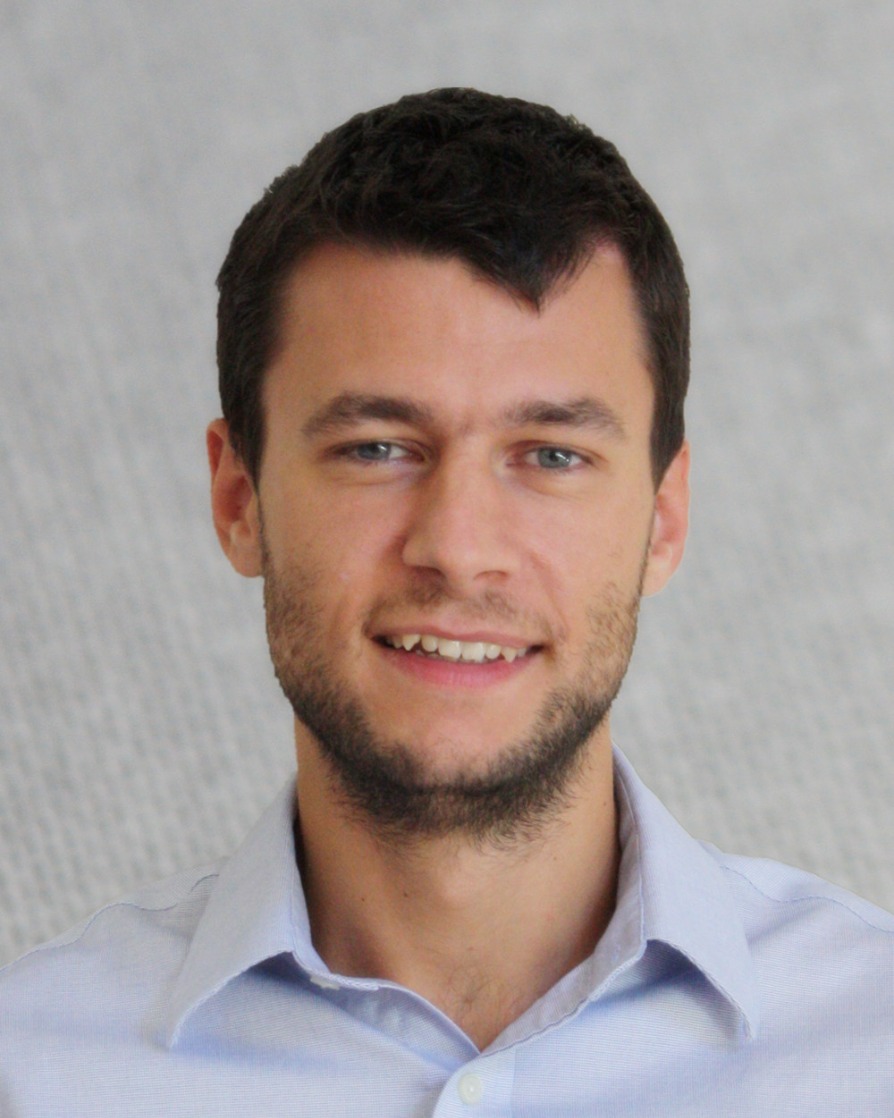MIDAS Seminar
AI for Sustainable Development
This event is free and open to the publicAdd to Google Calendar

Zoom link: https://umich.zoom.us/j/93445953179
Recent technological developments are creating new data streams that contain a wealth of information relevant to sustainable development goals. Modern AI techniques have the potential to yield accurate, inexpensive, and highly scalable models to inform research and policy. A key challenge, however, is the lack of large quantities of labeled data that often characterize successful machine learning applications. In this talk, I will present new approaches for learning useful spatio-temporal models in contexts where labeled training data is scarce or not available at all. I will show applications to predict and map poverty in developing countries, monitor agricultural productivity and food security outcomes, and map infrastructure access in Africa. Our methods can reliably predict economic well-being using only high-resolution satellite imagery. Because images are passively collected in every corner of the world, our methods can provide timely and accurate measurements in a very scalable end economic way, and could revolutionize efforts towards global poverty eradication.
Stefano Ermon is an Assistant Professor of Computer Science in the CS Department at Stanford University, where he is affiliated with the Artificial Intelligence Laboratory and a fellow of the Woods Institute for the Environment. His research is centered on techniques for probabilistic modeling of data and is motivated by applications in the emerging field of computational sustainability. He has won several awards, including four Best Paper Awards (AAAI, UAI and CP), a NSF Career Award, ONR and AFOSR Young Investigator Awards, a Sony Faculty Innovation Award, a Hellman Faculty Fellowship, Microsoft Research Fellowship, Sloan Fellowship, and the IJCAI Computers and Thought Award. Stefano earned his Ph.D. in Computer Science at Cornell University in 2015.
 MENU
MENU 
